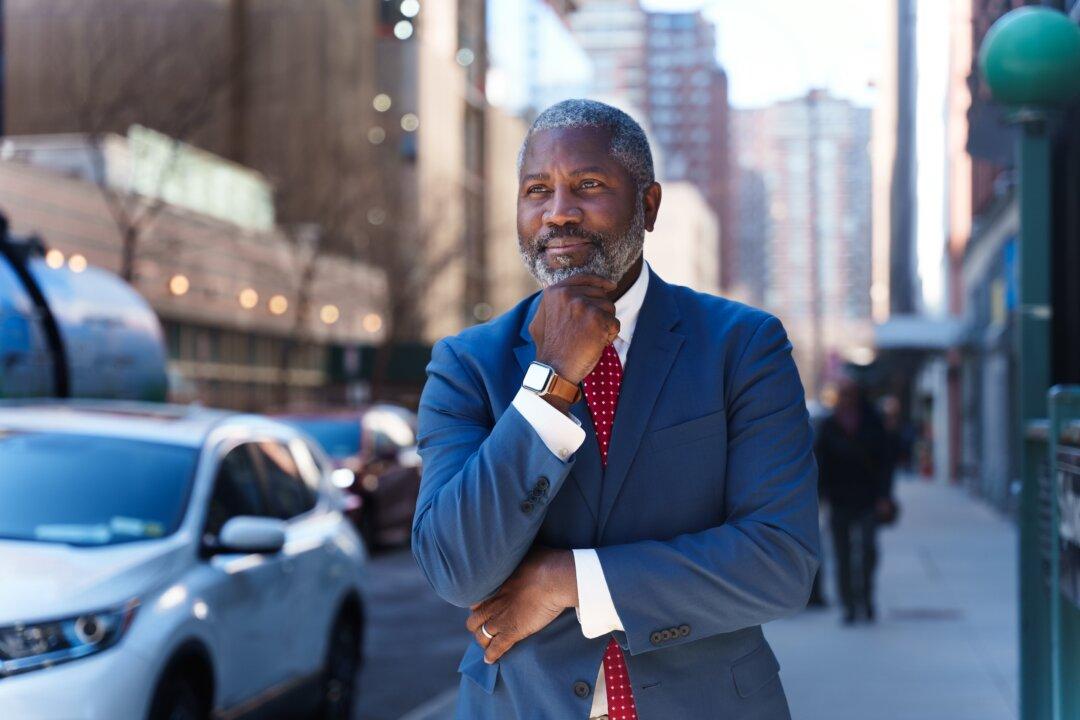“The message to the kids in our school is that they are the architects of their own lives,” says Ian Rowe, co-founder of Vertex Partnership Academies.
In a recent episode of “American Thought Leaders,” host Jan Jekielek visited Vertex Partnership Academies, a new network of character-focused, International Baccalaureate high schools located in the Bronx. He spoke with one of Vertex’s founders, Ian Rowe, about the aims of the academies, the programs, and the vision going forward. Previously, Rowe was CEO of the Public Prep charter school network for 10 years.






